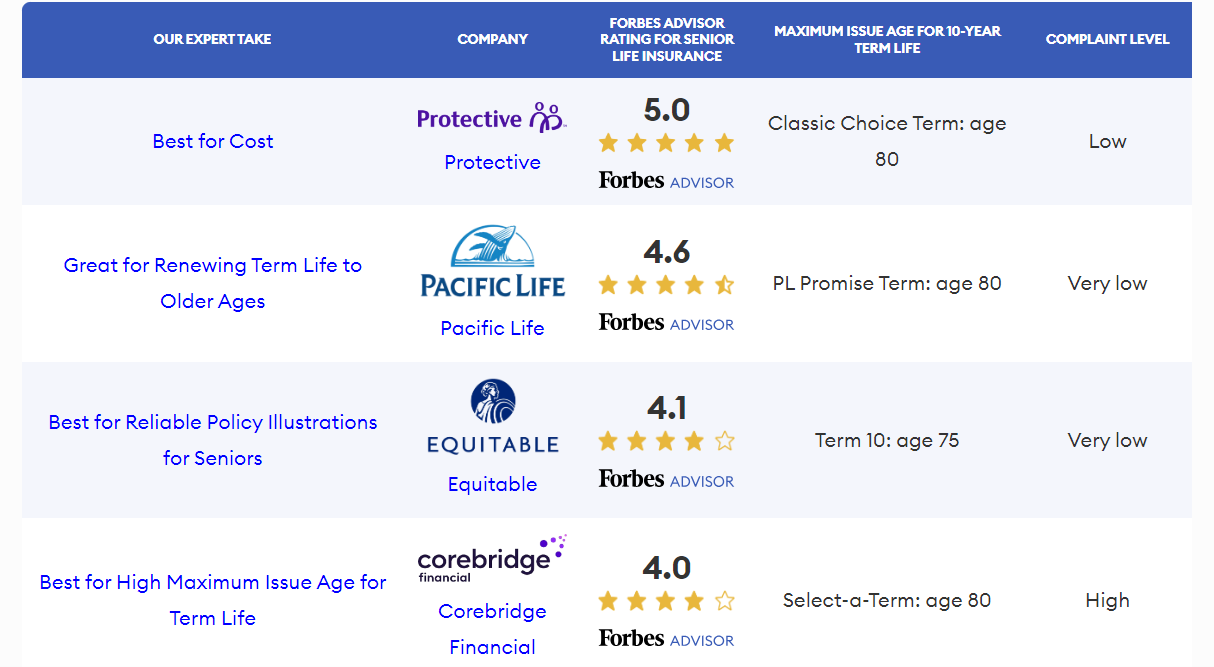Auto Insurance Attorney: Navigating the Complexities of Insurance Claims
Introduction
Situasi ID – Auto insurance is not just a legal requirement; it’s a shield against the unexpected. Yet, when disputes arise over claims, the complexity can be overwhelming. This article delves into the significance of auto insurance, common disputes, and the pivotal role of an auto insurance attorney.
Understanding Auto Insurance Laws
Importance of Auto Insurance
Auto insurance is more than a legal obligation; it’s a safety net. It provides peace of mind by covering medical expenses, vehicle repairs, and other damages in unforeseen circumstances.
Legal Requirements for Auto Insurance
Most states mandate auto insurance coverage to legally operate a vehicle on public roads. Non-compliance can lead to penalties and fines, emphasizing its importance.
Common Auto Insurance Disputes
Denial of Claims
Insurance companies often deny claims citing various reasons like lack of coverage or insufficient evidence, leading to disputes.
Underpaid Claims
Instances occur where insurance settlements fall short of covering losses entirely, causing frustration and financial strain for policyholders.
Bad Faith Practices
Some insurance companies engage in bad faith practices like delaying or denying valid claims without just cause, adding to policyholder woes.
The Role of an Auto Insurance Attorney
Legal Expertise
Auto insurance attorneys specialize in insurance law, offering in-depth knowledge to assess claims’ merits and provide sound legal advice.
Negotiation Skills
Skilled attorneys negotiate with insurance companies to ensure fair settlements, leveraging legal strategies for maximum compensation.
Litigation Support
In cases where negotiations fail, attorneys can represent clients in court, possessing the expertise to litigate complex insurance disputes effectively.
When to Hire an Auto Insurance Attorney
Denied Claims
Seek legal representation when facing wrongful denials or undervalued claims to pursue rightful compensation.
Complex Cases
Involvement in intricate legal matters or disputes necessitates legal assistance to navigate complexities effectively.
Legal Disputes
For disputes such as coverage disputes or bad faith claims, hiring an attorney becomes imperative to safeguard interests.
How to Choose the Right Auto Insurance Attorney
Experience and Expertise
Select attorneys with extensive experience in handling insurance claims and a proven track record of success.
Track Record
Research the attorney’s reputation, success rate, and client testimonials to gauge competence and professionalism.
Client Reviews
Past client feedback provides insights into communication, responsiveness, and ability to secure favorable outcomes.
Steps Involved in Hiring an Auto Insurance Attorney
Initial Consultation
Use free consultations to evaluate attorneys, clarify concerns, and assess suitability for your case.
Case Evaluation
Attorneys evaluate case details, assess claim strength, and explain prospects for success during consultations.
Fee Structure
Understand fee structures, ensuring clarity on payment terms before proceeding with legal representation.
Benefits of Hiring an Auto Insurance Attorney
Maximizing Compensation
Attorneys ensure maximum compensation for losses, covering medical expenses, property damage, lost wages, and more.
Peace of Mind
Legal representation allows focus on recovery while attorneys handle the intricate legal aspects of claims.
Legal Guidance
Navigating insurance law complexities becomes easier with attorneys providing valuable guidance and support.
Conclusion
Hiring an auto insurance attorney significantly enhances the likelihood of obtaining fair compensation. Whether facing denied claims, underpaid settlements, or bad faith practices, experienced attorneys advocate for rights and navigate insurance law complexities effectively.
FAQs
What does an auto insurance attorney do? An auto insurance attorney specializes in insurance law and represents clients in disputes with insurance companies, including denied claims, underpaid settlements, and bad faith practices.



